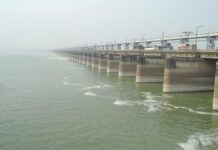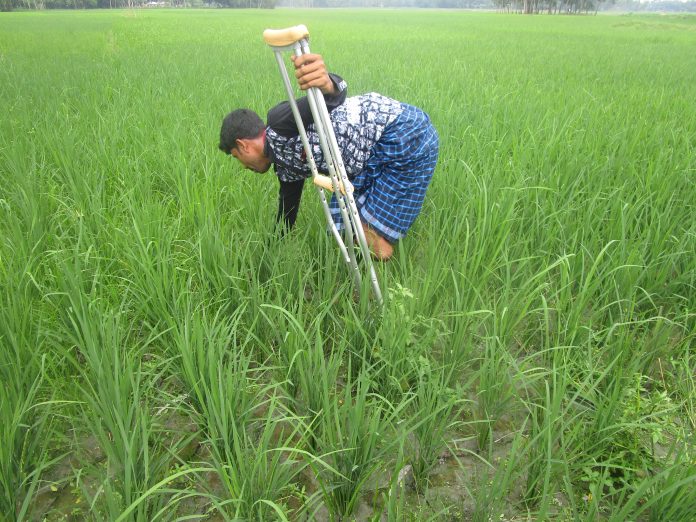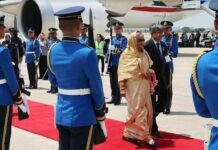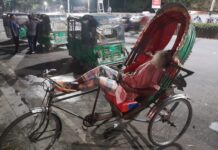Roton Malo
A recent study shows that 77 percent of persons with disabilities in Nilphamari and Thakurgaon districts are directly and indirectly involved in agriculture and related business.
The study titled “Agricultural policies study in perspective/lens of differently able, women and smallholder farmers/producers in agriculture,” reveals the findings.
Prof Dr Md Abdul Kader, Department of Agronomy, and Prof Dr Mohammad Jahangir Alam, Department of Agribusiness and Marketing, both from Bangladesh Agricultural University, Mymensingh, conducted the research in two mentioned districts.
The study, funded by The Leprosy Mission International-Bangladesh (TLMI-B), reveals farmers with disabilities have very limited access to available agricultural information and literally have no easy access to the markets.
However, representatives from over 1,400 Self Help Groups (SHGs) have achieved notable success in agriculture under a Self Help Approach programme under ES-CC project, implemented by TLMI-B. The project was funded by ICCO Cooperation. 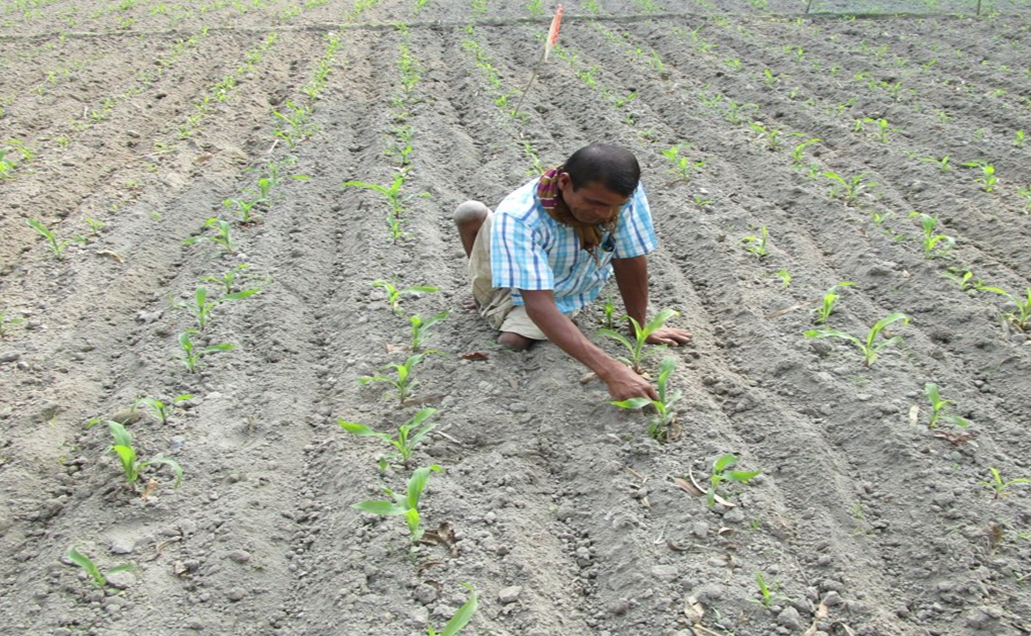
According to the study findings, 70% of the disabled farmers are either landless or marginal farmers. More than 51% of the disabled farmers do not have any cultivable land by their own.
The study also shows that 37% of the disabled farmers lack the ability to provide food for their family members on their own while 10% can afford family food expenses for 1 to 3 months in a year and about 73 % can do that for more than 3 months through their agri-based production.
Bangladesh in 2013, adopted “Persons with Disabilities’ Right and Protection Act 2013’’, aiming to ensure poverty and hunger-free life of persons with disabilities in the country.
However, government services for the farmers with disabilities were not categorically mentioned in the country’s agro policies including its 7th FYP and National Agriculture Policy 2018.
Contacted about the possibility of disability inclusion in Bangladesh’s agriculture and policy adoption for the wellbeing of the persons with disabilities (PWD), Mr Jiptha Boiragee, Programme Support Coordinator (PSO), TLMI-B, said “There’s a great opportunity for PWD in agriculture according to the research findings in Nilphamari and Thakurgaon.”
However, the general facilities for farmers with disabilities are actually not ensured and mentioned in agriculture policy, he added.
The study in its recommendations mentioned about effective inclusion of farmers with disabilities in the National Agriculture Policy 2018.
It suggested for recognition and special attention for the farmers with disabilities in the National Agriculture Policy.
The study also suggested manufacturing disabled farmers-friendly agricultural equipment as well as the distribution of those for free or in subsidized prices.
It also encouraged providing that equipment at interest-free loan or VAT exemption of the local manufacturers and companies. The agriculturalists in their study also mentioned about quota for disabled, marginal, and women farmers.
Besides, representation of disabled, marginal, and women farmers in all committees in relation to agriculture including Union Krishi Committee and Upazilla Krishi Committee was also encouraged.
There should be also an active representation of farmers with disabilities in monthly meetings of the government office in relation to agriculture.
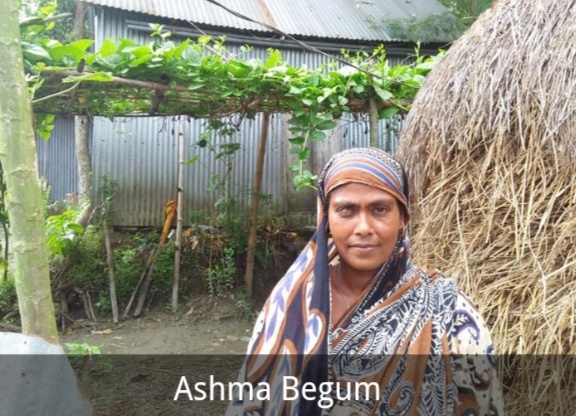
Dealership priority for fertilizers, pesticides and agricultural equipment, inclusion in all sorts of agri-based trainings for disabled, marginal and women farmers were also recommended in the study.
On the other hand, setting up special corners in all markets for disabled, marginal and women farmers was also recommended in the study.
Bangladesh’s Agriculture Minister Abdur Razzaque in a television interview, said the government has been providing various facilities to people with disabilities.
Incentives/subsidies are being given to farmers, said the Minister adding that “We’ll surely help the farmers with disabilities keeping balance with the national policy.”












